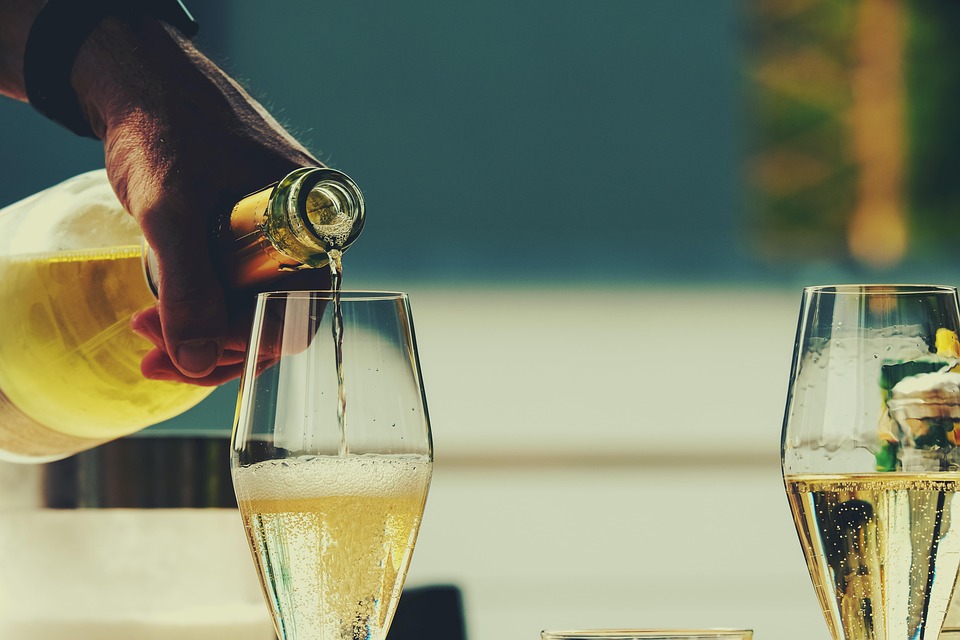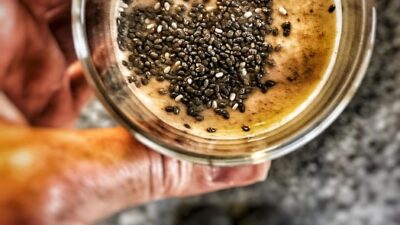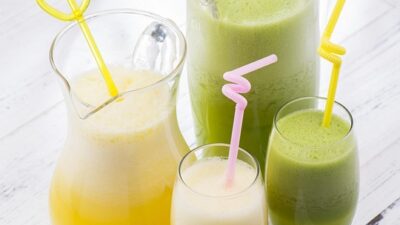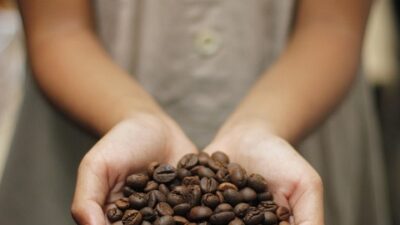Cheers to Change: How Non-Alcoholic Beverages Are Shaping Social Norms
In recent years, a revolutionary shift has occurred in our social landscapes, leading to a growing acceptance of non-alcoholic beverages. The rise of these drinks is not merely a trend but a powerful cultural movement that is redefining social norms around drinking. This article explores how non-alcoholic options are shaping our interactions, celebrating sobriety, and contributing to healthier lifestyles.
The Rise of Non-Alcoholic Options
Gone are the days when non-alcoholic beverages were limited to soda or water. Today, the market is bursting with innovative options, from craft non-alcoholic beers and wines to sophisticated mocktails made with exotic ingredients. Brands like Athletic Brewing and Seedlip have become household names, while mainstream companies are also jumping on the bandwagon, offering alcohol-free versions of their popular drinks.
This shift is a response to changing consumer preferences; more individuals are prioritizing wellness, mindfulness, and conscious consumption. An increasing number of people are choosing to abstain from alcohol, either for health reasons, personal choice, or as part of a growing movement towards sobriety.
Redefining Social Interactions
The emergence of non-alcoholic beverages is transforming the way we socialize. Traditional settings that revolve around drinking—bars, parties, and celebrations—are being reimagined. No longer confined to liquor, social gatherings now celebrate a diverse array of beverages that foster connection without the need for alcohol.
People are increasingly opting for gatherings that focus on shared experiences rather than alcohol consumption. Wine tastings have evolved into alcohol-free tastings, where participants can enjoy unique flavors without the effects of alcohol. Socializing no longer requires inebriation, allowing for clearer conversations and deeper connections.
Breaking the Stigma
The increasing visibility of sober living and the celebration of sobriety have broken down long-held stigmas. Traditionally, individuals who abstained from alcohol often faced scrutiny or felt out of place in social settings dominated by drinking. However, as non-alcoholic options have surged, a more inclusive environment has emerged, allowing everyone to partake in social experiences, regardless of their drinking preferences.
This change is particularly evident in events like Dry January and Sober October, which encourage participants to take a break from alcohol and promote awareness surrounding substance use. As more people participate in these movements, the conversation around alcohol use is evolving, fostering a culture of openness and understanding.
Impact on Health and Well-Being
The societal shift toward non-alcoholic beverages also has significant implications for health and wellness. As awareness around the adverse effects of alcohol grows, more people are considering their drinking habits. Non-alcoholic beverages provide a satisfying alternative, allowing individuals to enjoy the ritual of drinking without the associated health risks.
Reducing alcohol consumption has been linked to various health benefits, including improved mental clarity, increased energy levels, and better sleep. By opting for non-alcoholic beverages, individuals report enhanced well-being and a more sustainable approach to socializing.
The Future of Social Norms
As non-alcoholic beverages continue to gain momentum, we can expect further evolution in social norms. Future gatherings may prioritize inclusivity, with everyone able to enjoy a drink that aligns with their personal choices, free from judgment.
Moreover, the beverage industry is likely to evolve further, with innovative products catering to diverse tastes and dietary needs, ensuring that there are non-alcoholic options for everyone. From functional drinks that enhance wellness to sophisticated spirits designed for mocktails, the future looks bright for non-alcoholic beverages.
Conclusion
The rise of non-alcoholic beverages is more than just a passing trend; it represents a significant cultural shift that is reshaping social norms. As society becomes more open to varied drinking preferences, we are witnessing the emergence of healthier, more inclusive ways to socialize that prioritize connection over chemical enhancement. With a diverse array of appealing non-alcoholic options now available, it seems likely that the next toast will be one of celebration, inclusivity, and a bright future of mindful drinking. Cheers to change!



